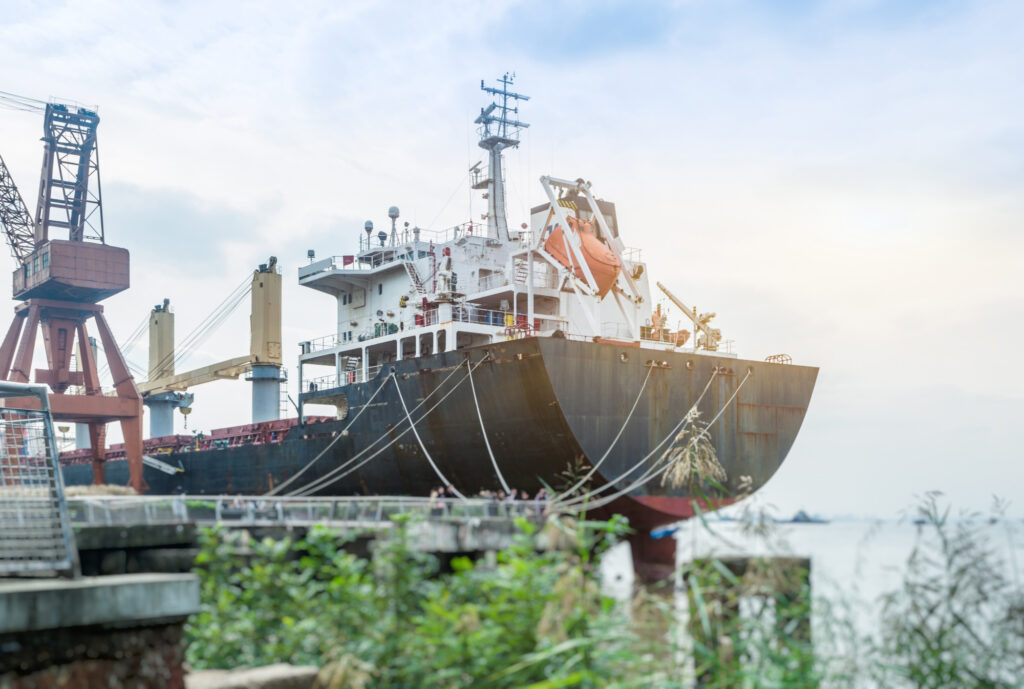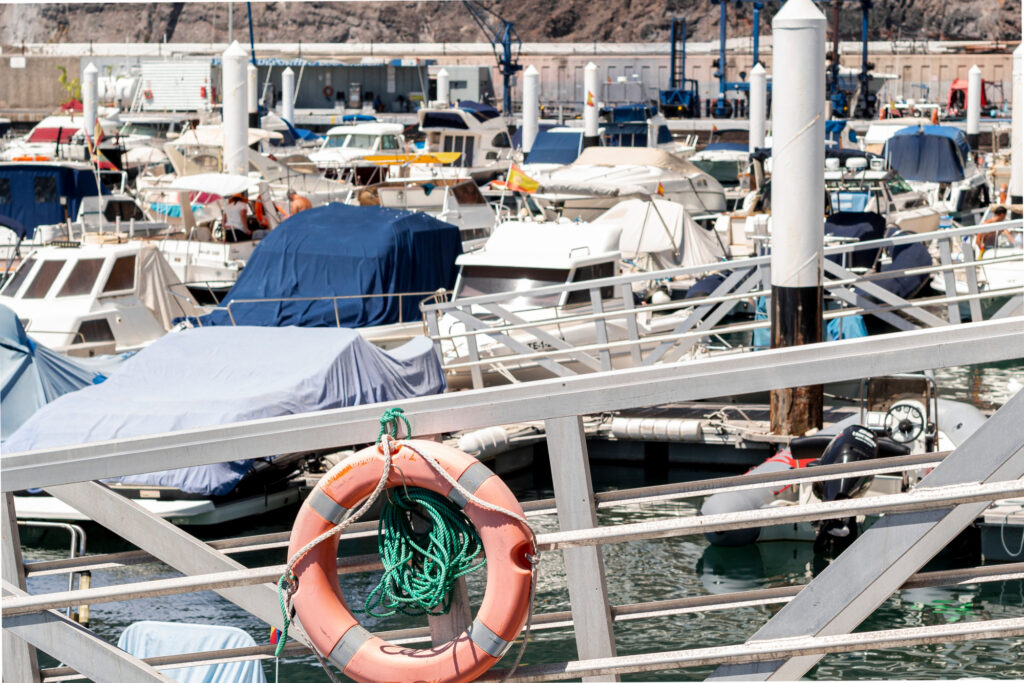
Maritime salvage operations are critical to ensuring the safety of vessels and the preservation of valuable cargoes in distress at sea. These operations involve complex legal frameworks that govern the rights and obligations of those involved in the recovery of ships and their cargo. Understanding the legal aspects of maritime salvage is essential for shipowners, salvors, and other stakeholders in the maritime industry. This article explores the key legal principles that underpin maritime salvage operations and the laws that regulate them.
What is Maritime Salvage?
Maritime salvage refers to the act of assisting a ship or its cargo that is in danger or distress at sea. This can include rescuing a vessel that has run aground, recovering cargo from a sunken ship, or towing a disabled vessel to safety. Salvage operations are typically carried out by professional salvors, who are often called upon to act in emergency situations.
The primary goal of maritime salvage is to save life and property at sea. However, it also involves financial incentives, as salvors are entitled to a reward for their efforts. The amount of this reward is typically determined by the value of the property saved and the degree of risk involved in the operation.
Salvage can be divided into two main categories:
- Contract Salvage: This occurs when a shipowner or operator contracts with a salvage company to provide assistance. The terms of the salvage, including payment, are agreed upon in advance.
- Pure Salvage: Also known as “no cure, no pay,” this type of salvage involves rescuing a vessel without a prior agreement. The salvor (the person or company performing the salvage) is only paid if the salvage is successful.

The Legal Framework of Maritime Salvage
The legal framework for maritime salvage is governed by international conventions, national laws, and customary maritime practices. The most important legal instruments in this area include the International Convention on Salvage, 1989, and the principles of general maritime law.
-
International Convention on Salvage, 1989
The International Convention on Salvage, adopted in 1989, is the primary international treaty governing maritime salvage operations. It provides a comprehensive legal framework for salvage activities, outlining the rights and obligations of salvors and shipowners. Key provisions of the convention include:
- Right to Salvage: The convention establishes the right of a salvor to claim a reward for successful salvage operations. This reward is typically based on the value of the property saved and the degree of danger involved in the salvage operation.
- Obligations of Salvors: Salvors are required to act with due care and skill during salvage operations. They must take all reasonable measures to prevent or minimize environmental damage and ensure the safety of the crew and passengers on board the distressed vessel.
- Special Compensation: The convention provides for special compensation in cases where a salvor prevents or minimizes environmental damage, even if the salvage operation does not result in the successful recovery of property. This provision aims to encourage salvors to take proactive measures to protect the marine environment.
-
Principles of General Maritime Law
In addition to international conventions, maritime salvage operations are also governed by principles of general maritime law. These principles have evolved over centuries of maritime practice and are recognized by courts around the world. Some of the key principles include:
- No Cure, No Pay: This traditional principle of maritime salvage law states that a salvor is only entitled to a reward if the salvage operation is successful. If the property is not recovered or saved, the salvor receives no compensation for their efforts.
- Proportional Reward: The reward for salvage operations is typically proportional to the value of the property saved. This means that the higher the value of the salvaged property, the greater the reward for the salvor.
- Priority of Claims: In cases where multiple parties claim a reward for salvage operations, maritime law prioritizes the claims based on the contribution of each party to the successful outcome of the operation. This ensures that those who played a significant role in the salvage operation receive a fair share of the reward.
Legal Considerations in Salvage Operations
Salvage operations involve various legal considerations that must be carefully navigated by the parties involved. Some of the key considerations include:
-
Contractual Agreements
Salvage operations are often carried out under contractual agreements between the shipowner and the salvor. These agreements outline the terms and conditions of the salvage operation, including the scope of work, the rights and obligations of the parties, and the method of calculating the salvage reward. It is essential for both parties to have a clear understanding of the contract to avoid disputes.
-
Environmental Protection
Environmental protection is a significant concern in maritime salvage operations, particularly in cases involving oil spills or hazardous cargo. Salvors are required to take all necessary measures to prevent or minimize environmental damage during the operation. Failure to do so can result in legal liability and penalties.
-
Jurisdiction and Dispute Resolution
Maritime salvage operations often involve complex jurisdictional issues, particularly in cases where the salvage operation takes place in international waters. Disputes arising from salvage operations are typically resolved through arbitration or litigation in courts with maritime jurisdiction. It is important for the parties involved to understand the applicable legal framework and seek legal advice if necessary.
Conclusion
Maritime salvage operations are governed by a complex legal framework that balances the interests of shipowners, salvors, and the marine environment. Understanding the legal aspects of salvage operations is essential for ensuring successful outcomes and protecting the rights of all parties involved. Whether you are a shipowner, a salvor, or a maritime lawyer, a thorough knowledge of salvage law is crucial for navigating the challenges of this critical area of maritime practice.
Many schools in Sofia offer specializations related to Law and other good majors.

